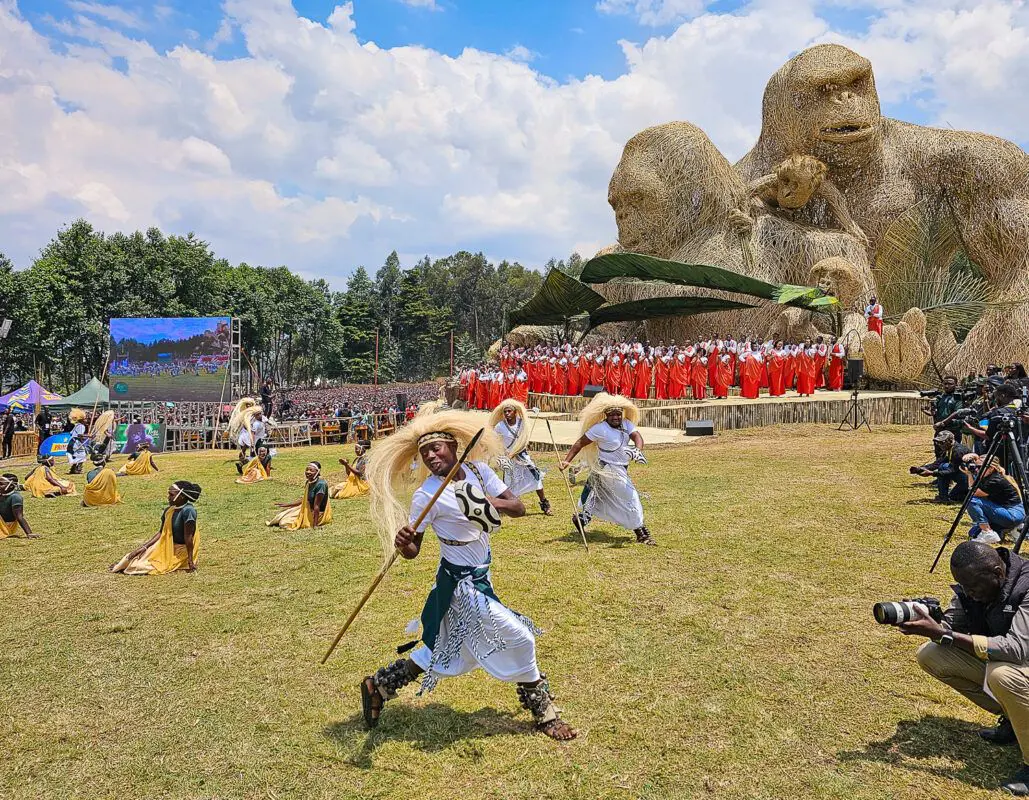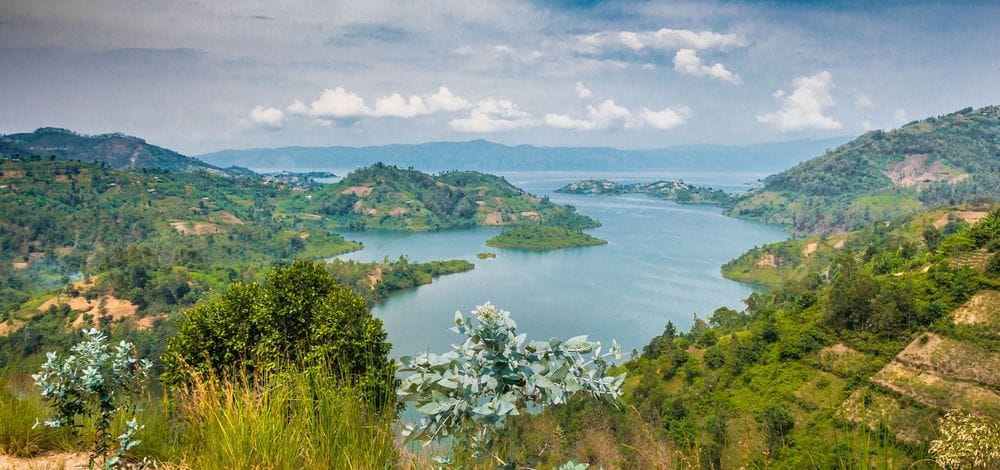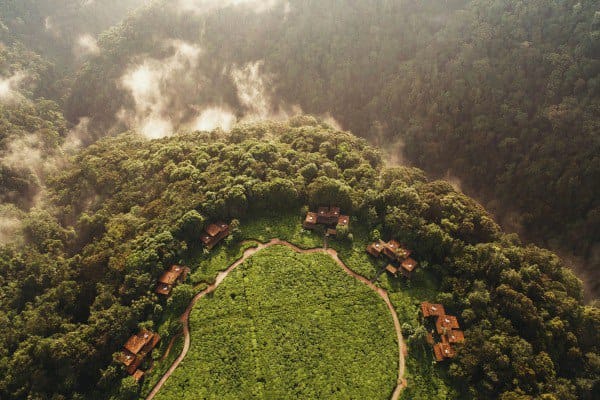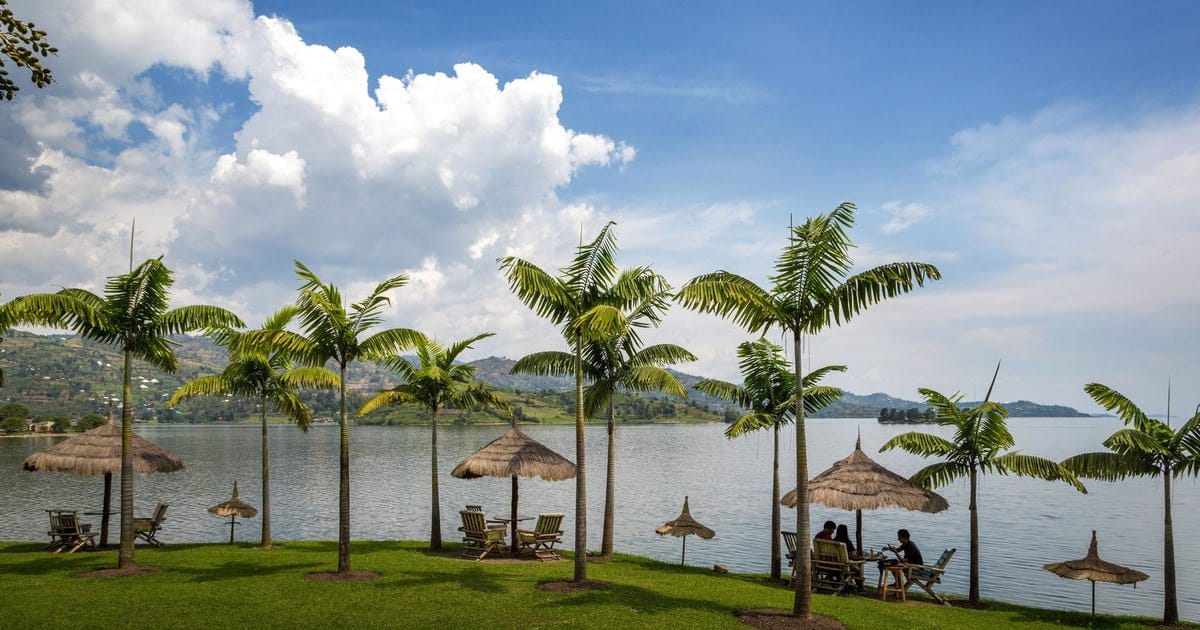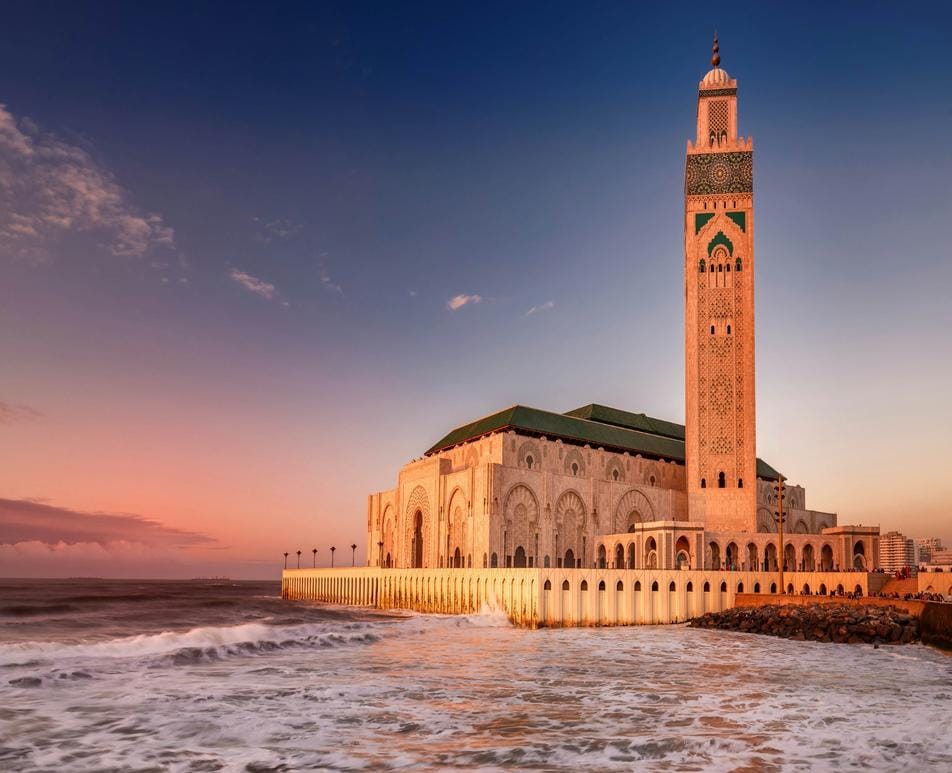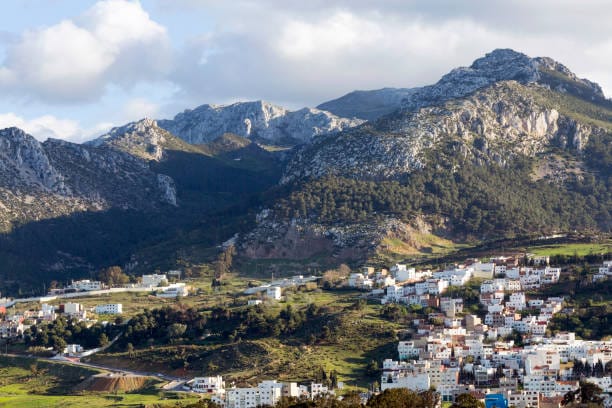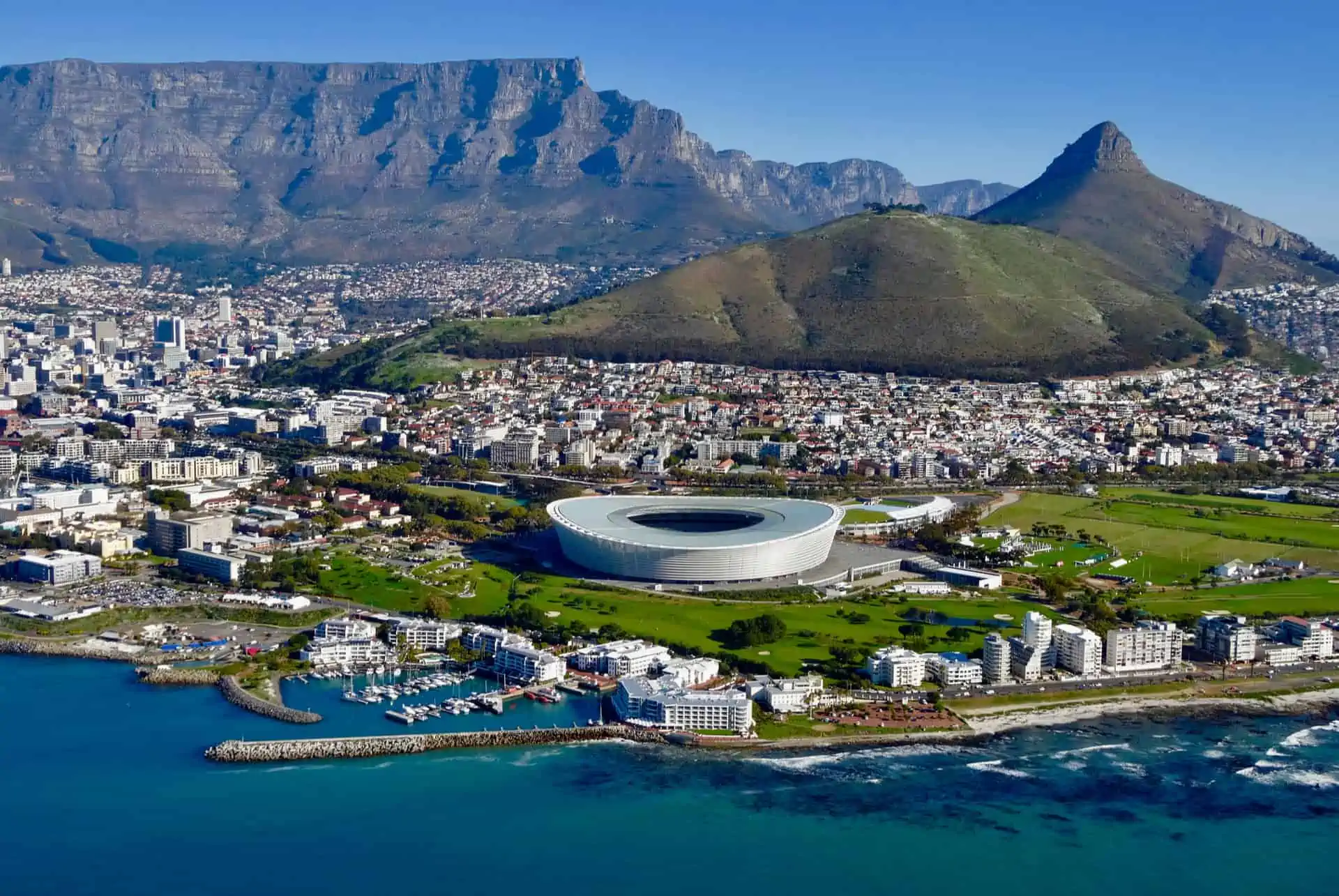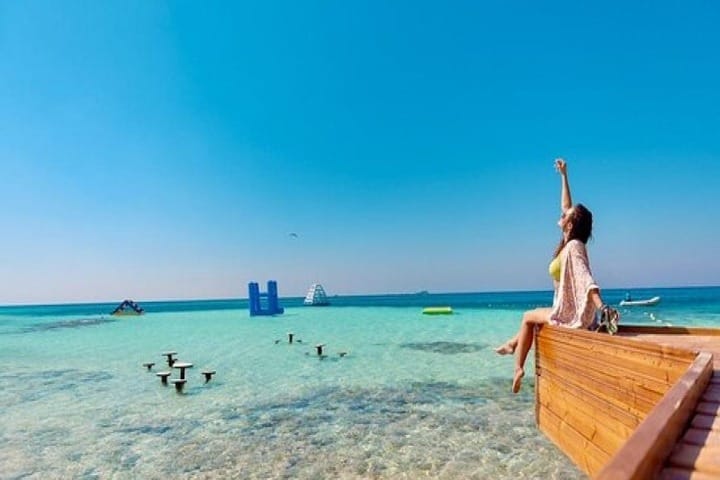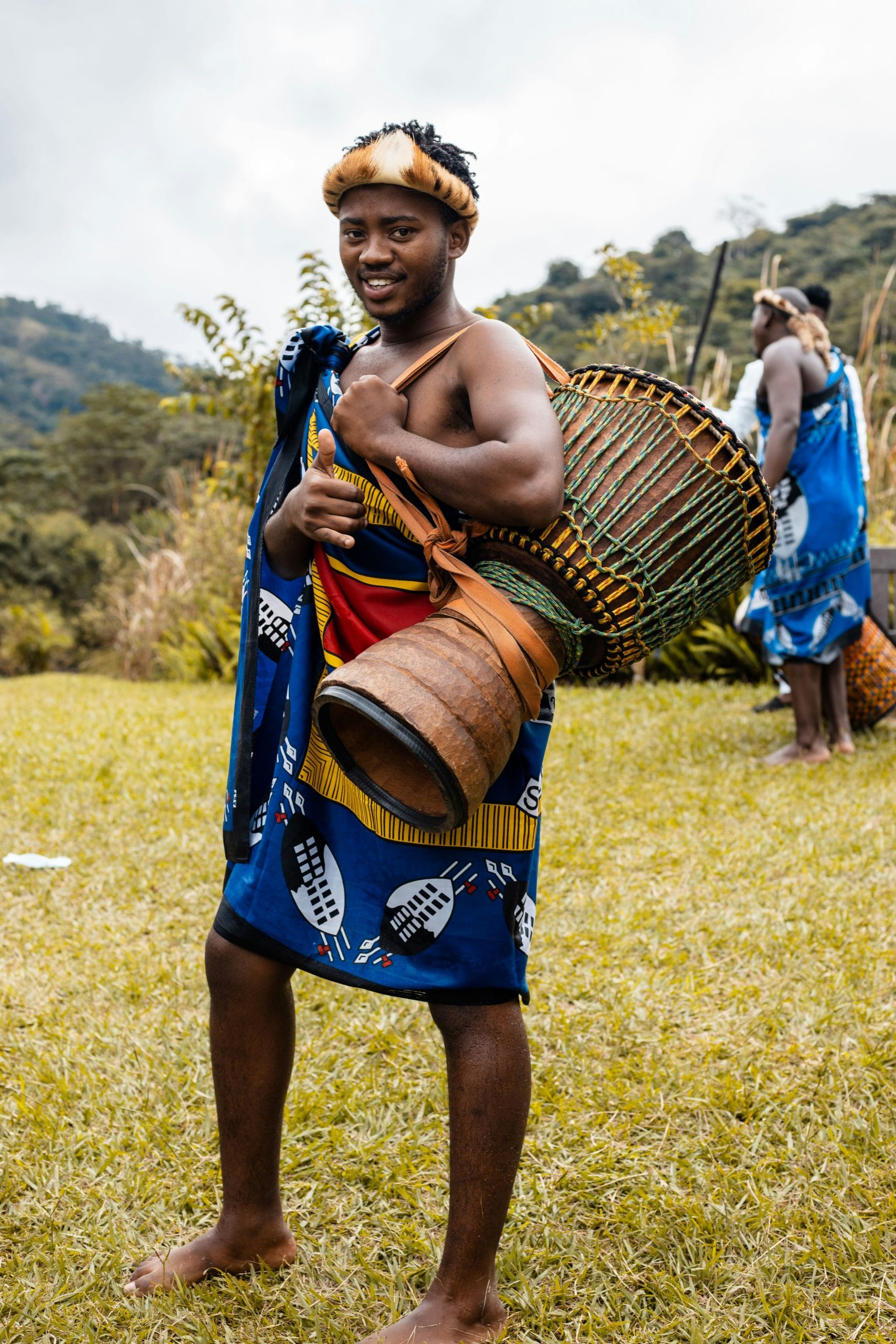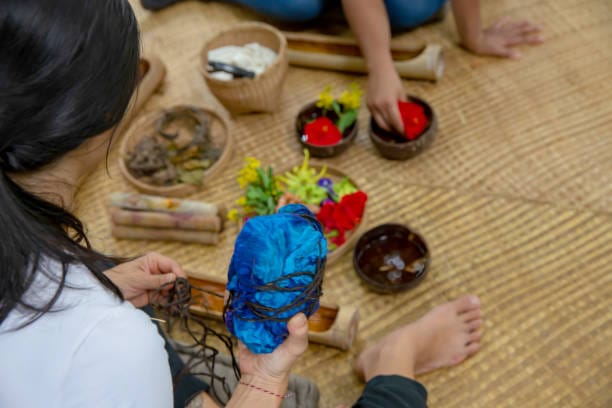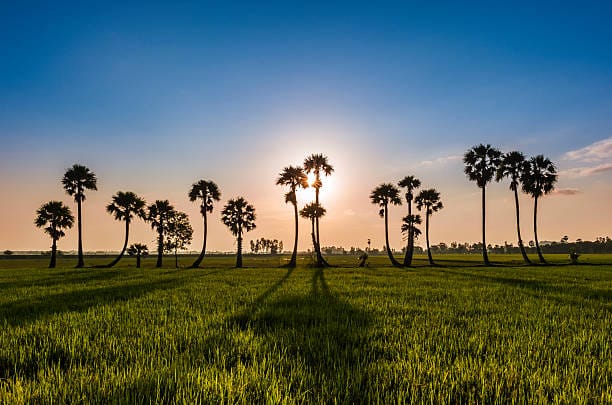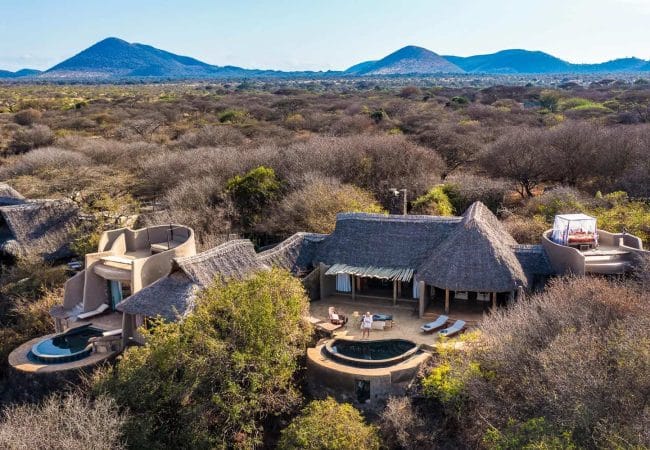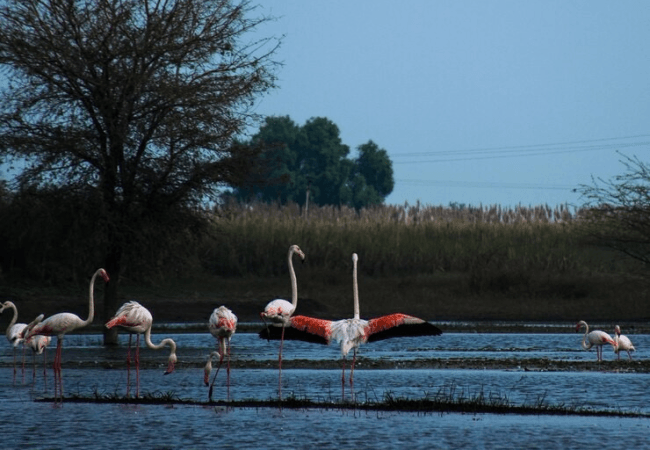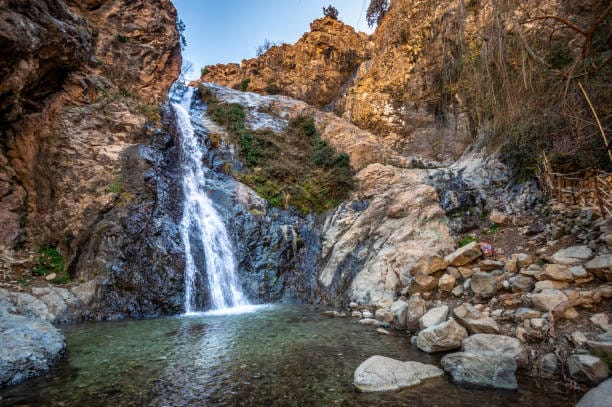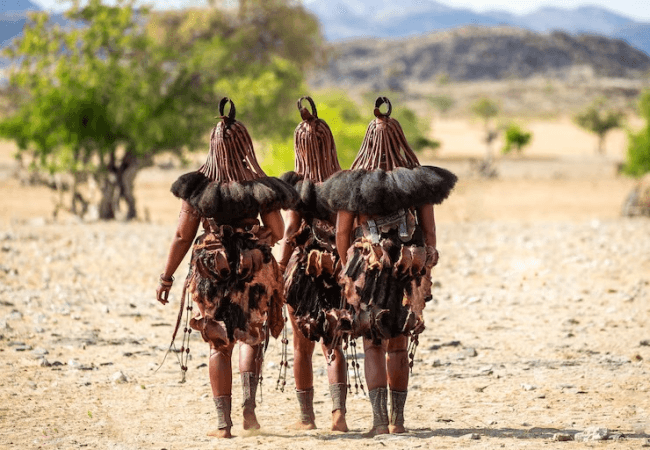Welcome To Rwanda
Rwanda’s cultural history is marked by a rich tradition of royalty, spirituality and community values, as well as profound transformation following the tragic events of the 1994 genocide. Despite the challenges, the country has managed to preserve and revitalize many traditional practices and values while building a unified contemporary culture.
1. Kingdom and monarchy
Rwanda became a centralized kingdom in the 15th century, ruled by a king (Mwami) who played a spiritual and political role. Rwandan society was structured around the Hutu, Tutsi and Twa groups, although these distinctions were not fixed and often based on social and economic roles.
2. European colonization
Germany colonizes Rwanda in the late 19th century, followed by Belgium after the First World War. The Belgians introduced policies that strengthen ethnic identities, exacerbating tensions between Hutus and Tutsis in favor of the Tutsis at first, then supporting the Hutu majority after World War II.
3. Independence and post-colonial tensions
Rwanda gained independence in 1962. Ethnic conflicts persist, leading to periods of violence against the Tutsis and waves of exile. Political and ethnic tensions continue to escalate in the following decades.
4. Genocide of 1994
In April 1994, Rwanda was the scene of a genocide, during which approximately 800,000 Tutsis and moderate Hutus were killed in 100 days. This massacre is one of the worst genocides in recent history.
5. Reconstruction and reconciliation
After the end of the genocide, the Rwandan Patriotic Front (RPF) took power under the leadership of Paul Kagame. The country is undertaking reconstruction focused on national unity, justice (with Gacaca courts to try genocide crimes) and economic development.
6. Contemporary Rwanda
Today, Rwanda is known for its political stability, rapid development, and reconciliation efforts. Community solidarity values and sustainable development initiatives are promoted to strengthen national unity and turn the page on the past.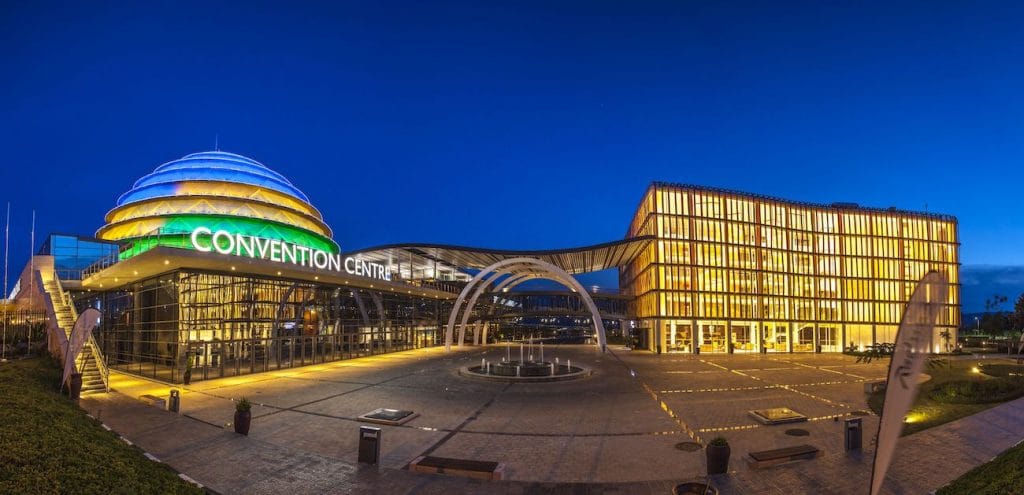
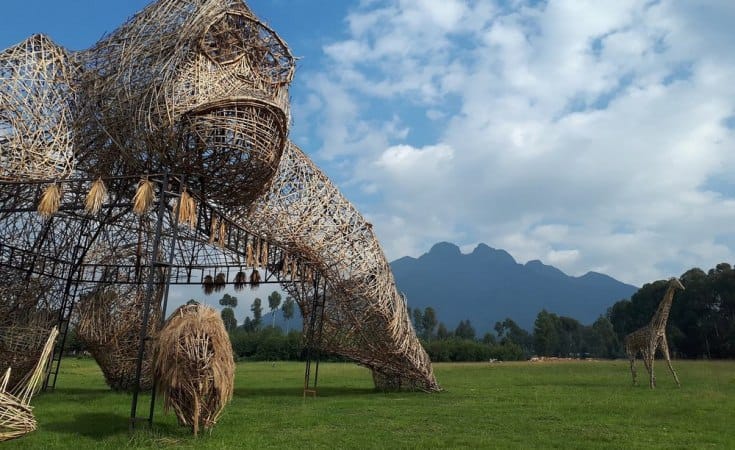
Country of a thousand hills
Rwanda, often referred to as the “country of a thousand hills”, is an East African tourist jewel. Known for its beautiful scenery, exceptional wildlife and rich culture, it attracts more and more visitors every year. Here is an overview of the main attractions and tourist assets of Rwanda:
- 1. Mountain gorillas of the Volcano National Park
- 2. Akagera National Park
- 3. Nyungwe National Park
- 4. Kigali, the modern and cultural capital
- 5. Kivu Lake and surrounding beaches
- 6. Local culture and crafts
- 7. Ecotourism and responsible tourism
- 8. Ubumuntu Arts Festival
